Top 10 Mysteries of Black Holes: Unraveling the Secrets of the Universe's Most Mysterious Objects
Exploring the Unanswered Questions Surrounding Black Hole Formation, Growth, and Effects on the Universe's Space-Time
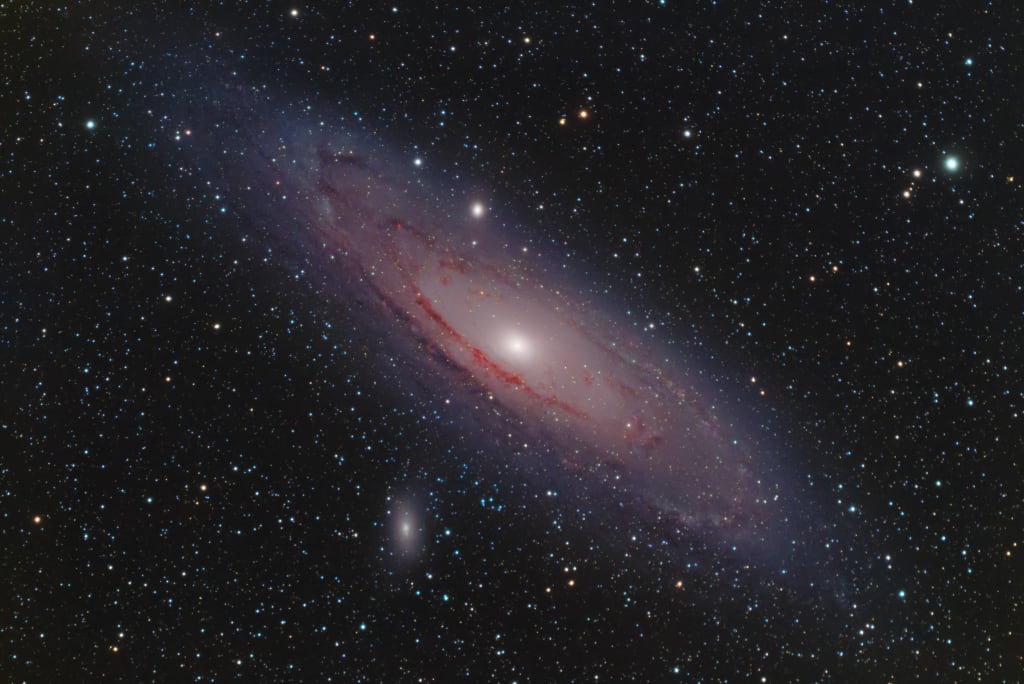
Black holes are one of the most fascinating and mysterious objects in the universe. They are so mysterious that even the best minds in astrophysics are still trying to unravel their secrets. There are many unanswered questions about black holes, and here we will discuss the top 10 mysteries about black holes.
1. What happens at the singularity?
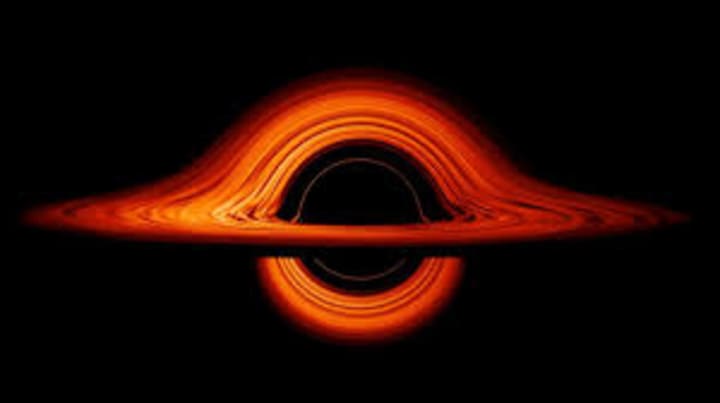
The singularity is the center of a black hole, where the laws of physics break down, and everything collapses into an infinitely small and dense point. This point is so small that it is impossible to observe, and no one knows what happens inside it. It is believed that the singularity is the birthplace of the universe, and it is the point from which everything in the universe originated.
2. How do black holes form?
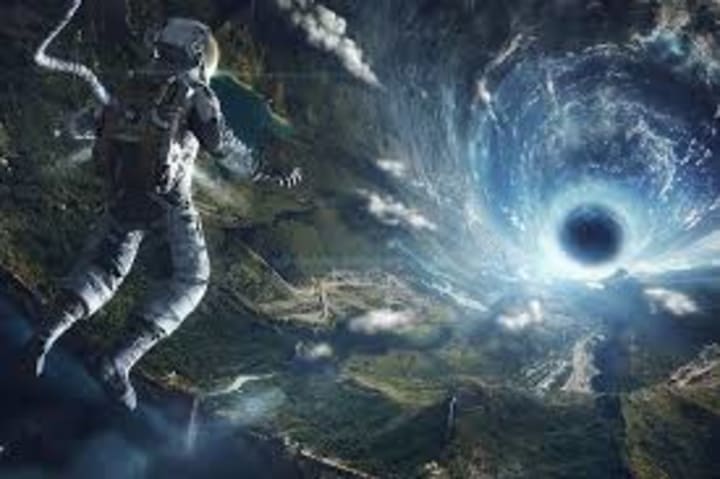
Black holes form when a massive star collapses under the force of gravity. The core of the star collapses and forms a singularity, while the outer layers of the star explode in a supernova. However, there are still many questions about the exact process of black hole formation and what factors contribute to the formation of different types of black holes.
3. How do black holes grow?
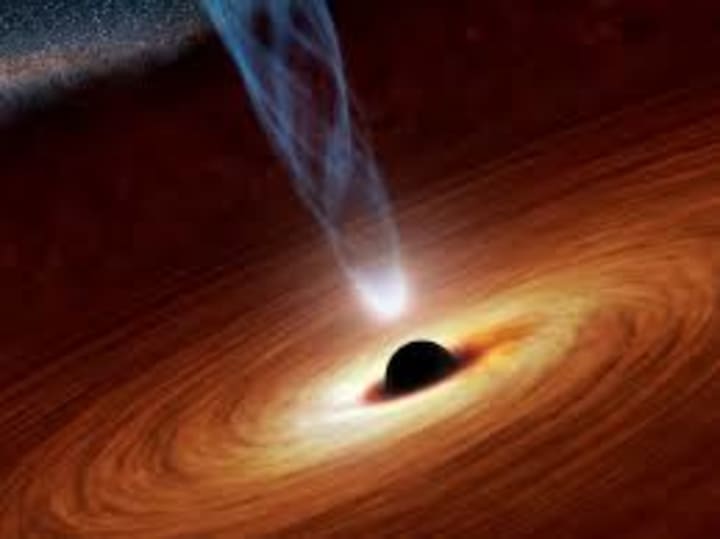
Black holes grow by absorbing matter from their surroundings. This matter can come from stars or gas clouds that get too close to the black hole. As the matter falls into the black hole, it heats up and emits X-rays, which can be detected by telescopes. However, it is still not clear how black holes can grow to be so massive, such as the supermassive black holes at the centers of galaxies.
4. What is the event horizon?
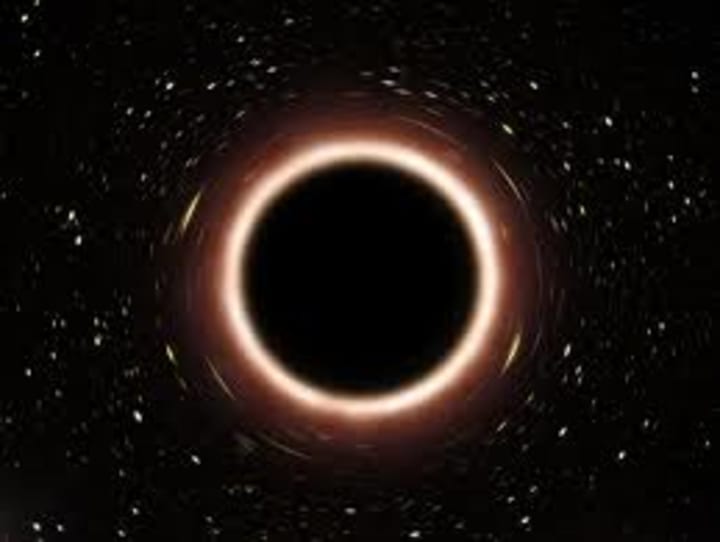
The event horizon is the point of no return for anything that falls into a black hole. Once something crosses the event horizon, it is impossible for it to escape the gravitational pull of the black hole. However, scientists are still trying to understand the exact nature of the event horizon and how it affects the surrounding space-time.
5. Can anything survive inside a black hole?
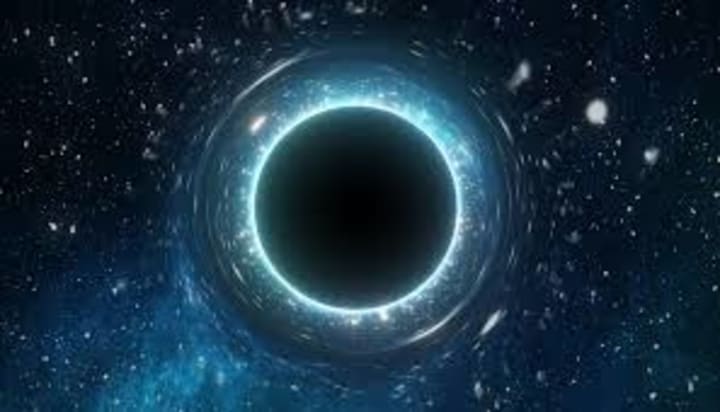
According to the laws of physics, anything that falls into a black hole should be destroyed and crushed into the singularity. However, some theories suggest that there may be a way to survive inside a black hole, such as by entering a wormhole or traveling through a black hole's singularity.
6.Can black holes merge?
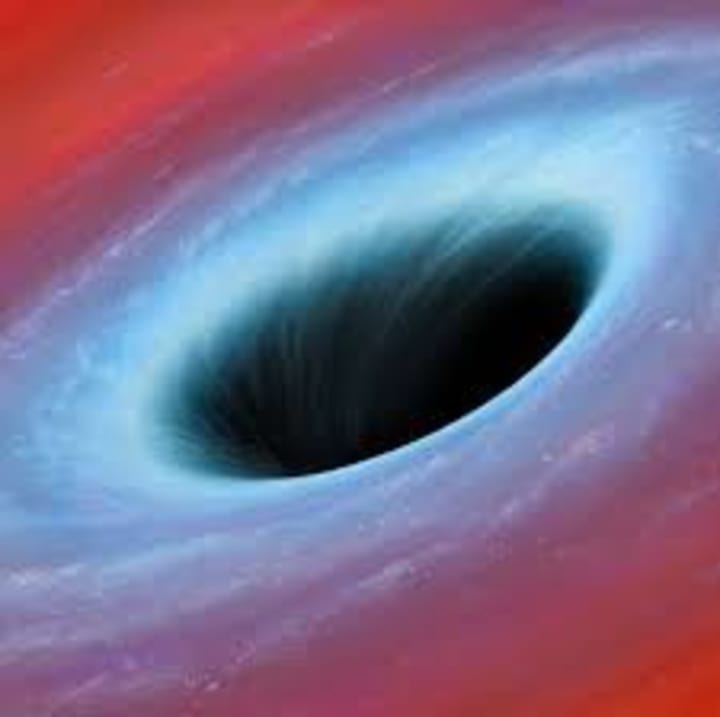
Black holes can merge when two or more black holes get close enough to each other. When this happens, they start to orbit each other and eventually merge into a single, more massive black hole. However, there are still many questions about how black hole mergers happen and what happens to the space-time around them.
7.Can black holes evaporate?
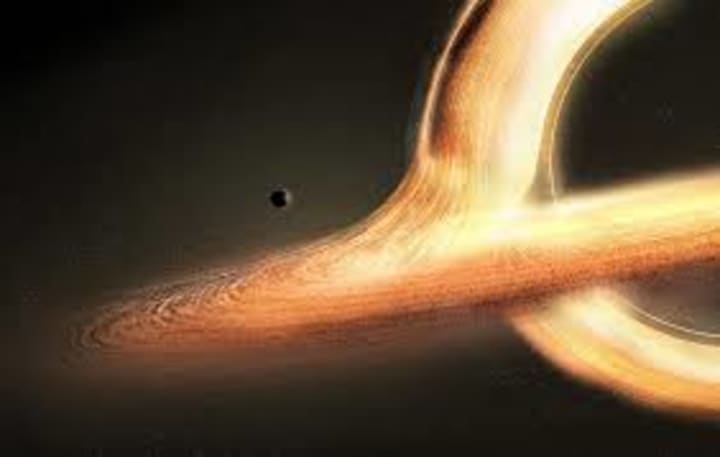
According to the theory of Hawking radiation, black holes emit radiation and slowly evaporate over time. This process is incredibly slow for most black holes, and it would take billions of years for a black hole to evaporate completely. However, there is still much debate among scientists about whether Hawking radiation is a real phenomenon.
8.How do black holes affect the surrounding space-time?
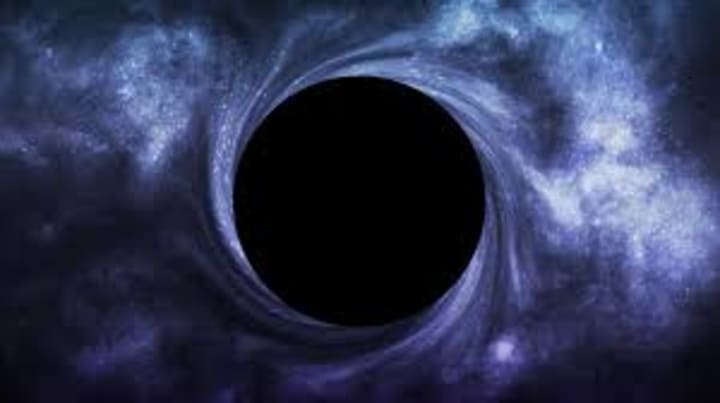
Black holes have a significant impact on the space-time around them, warping and distorting it in ways that are still not fully understood. They also emit radiation and gravitational waves, which can be detected by telescopes and gravitational wave detectors. However, scientists are still trying to understand the precise nature of these effects and how they can be observed.
9.Can black holes be used for time travel?
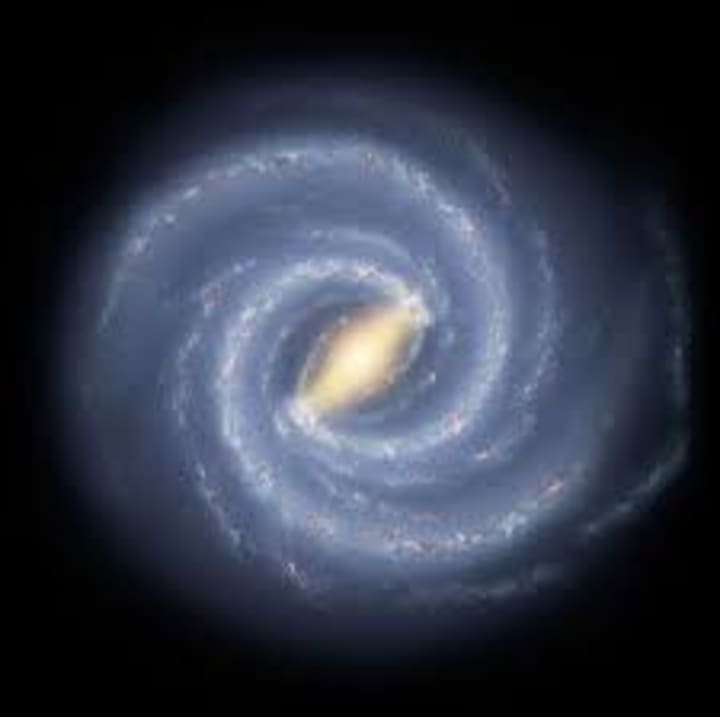
Some theories suggest that it may be possible to use black holes for time travel, either by entering a wormhole or by using the singularity to travel through time. However, there is still much debate among scientists about whether time travel is possible and how it would work.
10.How do black holes affect the formation of galaxies?
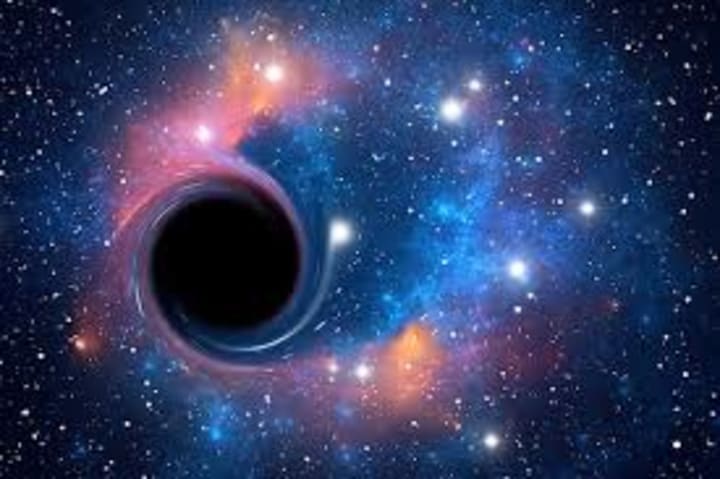
Black holes are thought to play a significant role in the formation and evolution of galaxies. It is believed that the supermassive black holes at the centers of galaxies help to regulate the growth and distribution of stars, gas, and dust within the galaxy. However, there is still much to learn about the exact mechanisms by which black holes affect galaxies.
Overall, black holes remain one of the most mysterious and fascinating objects in the universe. There is still much to learn about their formation, growth, and effects on the surrounding space-time. Scientists will continue to study black holes and unravel their secrets, leading to new insights and discoveries in the field of astrophysics.
About the Creator
Enjoyed the story? Support the Creator.
Subscribe for free to receive all their stories in your feed. You could also pledge your support or give them a one-off tip, letting them know you appreciate their work.

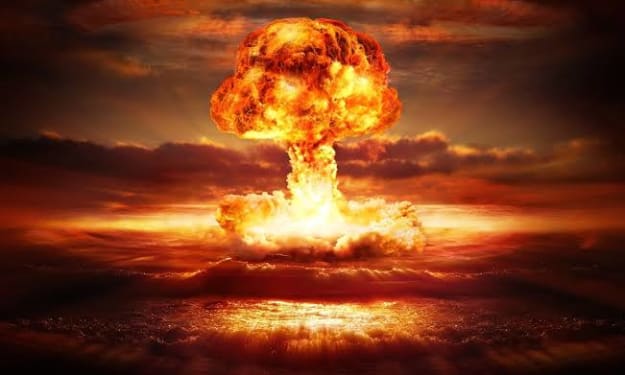



Comments
There are no comments for this story
Be the first to respond and start the conversation.